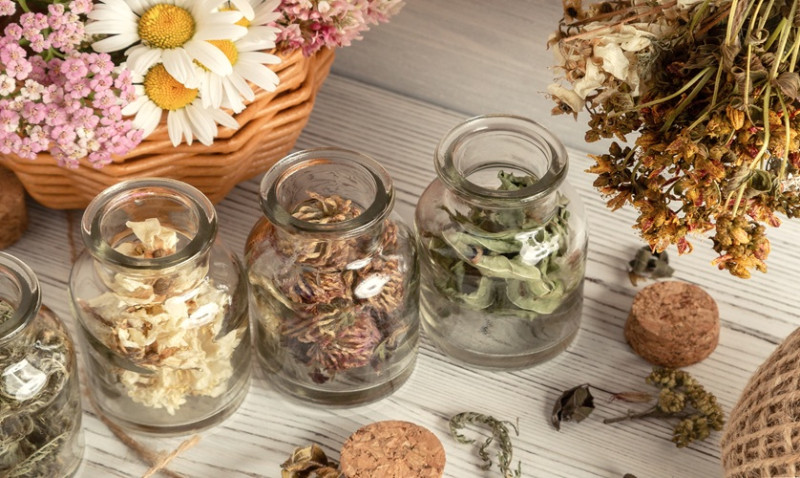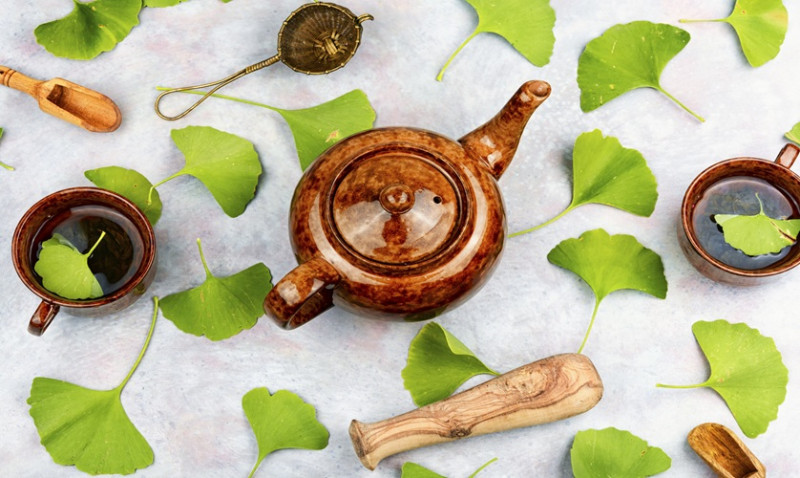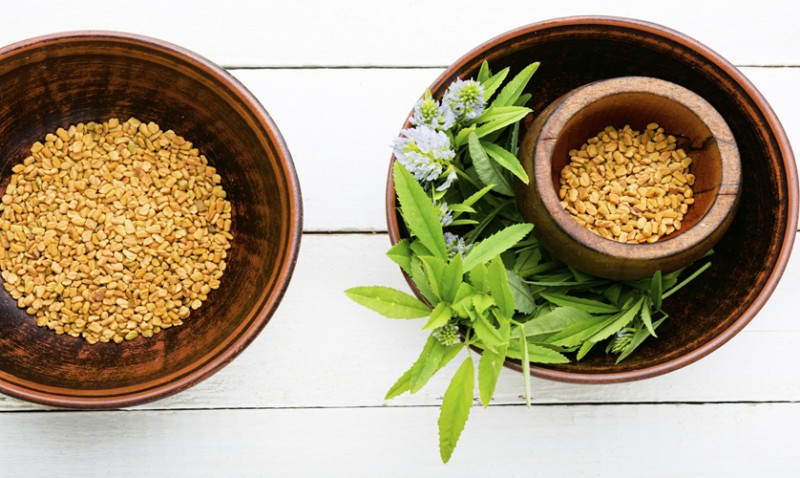
Homeopathy is one of those terms that often stirs curiosity, confusion — and in many cases — skepticism. While it's been around since the 18th century, there's still so much people don’t know, especially here in the UK where natural and alternative therapies are growing in popularity. If you're a design-savvy homeowner, a hands-on DIY enthusiast, or even a busy architect or tradesperson, understanding how homeopathy fits into a modern lifestyle could offer you some surprising benefits.
Contrary to popular belief, homeopathy is far more than just "sugar pills" or placebo-driven theory. Rooted in the principle that “like cures like”, it’s a holistic approach to health and wellness that aims to trigger the body’s natural healing mechanisms. So, whether you're restoring a Victorian terrace in Manchester or project managing a self-build in Kent, knowing how homeopathy could support your health during physically and mentally demanding projects might change your perspective entirely.
What is Homeopathy, Really?
Homeopathy is a natural form of medicine developed over 200 years ago by German physician Samuel Hahnemann. It operates on the principle of using highly diluted substances to stimulate the body's healing response. Some of the substances used include plant extracts, minerals, and even animal products—all prepared in a highly specific way to create homeopathic remedies.
The essential idea is that something which causes symptoms in a healthy person can, in tiny doses, treat those same symptoms in a sick person. This might sound counterintuitive, but it shares similarities with vaccines and allergy treatments that use small doses of allergens to build resistance.
Unlike conventional medicine, which often focuses on symptomatic treatment, homeopathy aims to look at the person as a whole—body, mind, and emotions. And for those of you who spend long hours on construction sites, in design studios, or working with clients, this holistic approach can be a refreshing change when managing chronic stress, muscle fatigue, or long-standing health complaints.
The Surprising Uses of Homeopathy in the UK
In the UK, more than 200 general practitioners incorporate homeopathy in their daily practice, and it's estimated that over 6 million people have tried it. Even the NHS has supported homeopathy on some levels in the past, including the now-closed Royal London Homeopathic Hospital, which only ceased homeopathic treatments in 2018.
Homeopathy has proven especially popular among parents, creatives, and professionals seeking natural treatments without the side effects linked to chemical-heavy pharmaceuticals. From easing insomnia after long night shifts to calming nerves before a big pitch meeting, there are remedies aimed at virtually every lifestyle challenge.
If you deal with repetitive strain, injuries, disrupted sleep, or anxiety—pretty common for both DIYers and professionals juggling deadlines—homeopathy might offer a complementary solution worth exploring.
Common Remedies You’ve Probably Never Heard About
When you think of natural health, herbal teas and eucalyptus oil might come to mind. But homeopathy boasts a much broader arsenal. Some of the top remedies that are surprisingly effective include:
- Arnica Montana – Essential for bruising, sprains, or muscular soreness. Ideal after a full day of lifting, drilling or decorating.
- Rhus Toxicodendron – Great for relieving stiffness and aches that improve with movement. Perfect for tradespeople constantly on the go.
- Nux Vomica – A choice remedy for digestive issues and stress-related symptoms. Useful after a heavy lunch break or a stressful deadline.
- Gelsemium – Ideal for stage fright, or anxiety before presentations, interviews, or even public exhibitions of interior design projects.
- Calendula – Used externally to help speed up healing of cuts, scrapes, or abrasions from construction or DIY accidents.
These remedies are easily available at many UK health shops and pharmacies — and yes, they come without a prescription. They can be a smart addition to your first-aid kit, whether you’re working on-site or redecorating at home over the weekend.
Debunking the Myths: Is There Even Science Behind It?
Perhaps one of the biggest misconceptions about homeopathy is that it lacks scientific grounding. While it's true that homeopathy doesn’t fit into conventional pharmaceutical models, several clinical studies and patient-reported outcomes worldwide suggest promising results, especially in chronic conditions like eczema, anxiety, gastrointestinal issues, and migraines.
More importantly, homeopathy focuses on stimulating your own immune system instead of suppressing symptoms. For professionals who prefer long-term solutions over temporary fixes, that can be a valuable paradigm shift.
Recent research even points to nano-particle studies that may explain how ultra-dilutions work, although this area is still under scientific scrutiny. Still, its low risk, low cost, and historical safety record make it an attractive option for those seeking integrative care.
How to Start with Homeopathy
So you're curious about trying homeopathy, but don't know where to start? Here are a few practical steps that fit into your busy British lifestyle:
- Visit a certified homeopath – The UK has registered professionals available through bodies like the Society of Homeopaths.
- Try over-the-counter remedies – Boots, Holland & Barrett, and many local health shops stock basic homeopathic solutions.
- Use online resources – Websites like Homeopathy UK and the British Homeopathic Association offer simple guides based on symptoms.
- Keep a homeopathy kit – Small first-aid kits with essential remedies can be lifesavers during your next home renovation or long workday.
The process is surprisingly simple and tailored to your lifestyle. You can even incorporate it into your wellness routine alongside good nutrition, regular exercise, or sustainable design living — something that appeals especially to environmentally-conscious designers and homeowners.
Final Thoughts: A Holistic Boost for Every Lifestyle
Whether you're curled up in a modern penthouse in London or painting drywall in a Staffordshire cottage, everyone could use a little more balance in their daily routine. Homeopathy offers a gentle, natural, and surprisingly effective way to support your health in a demanding world. The next time you feel burnout creeping in or need a post-renovation recharge, think beyond the toolbox — your answer might just come in a tiny vial.
Embrace homeopathy not as an alternative, but as a complement to the home and life you're building — literally and figuratively.






